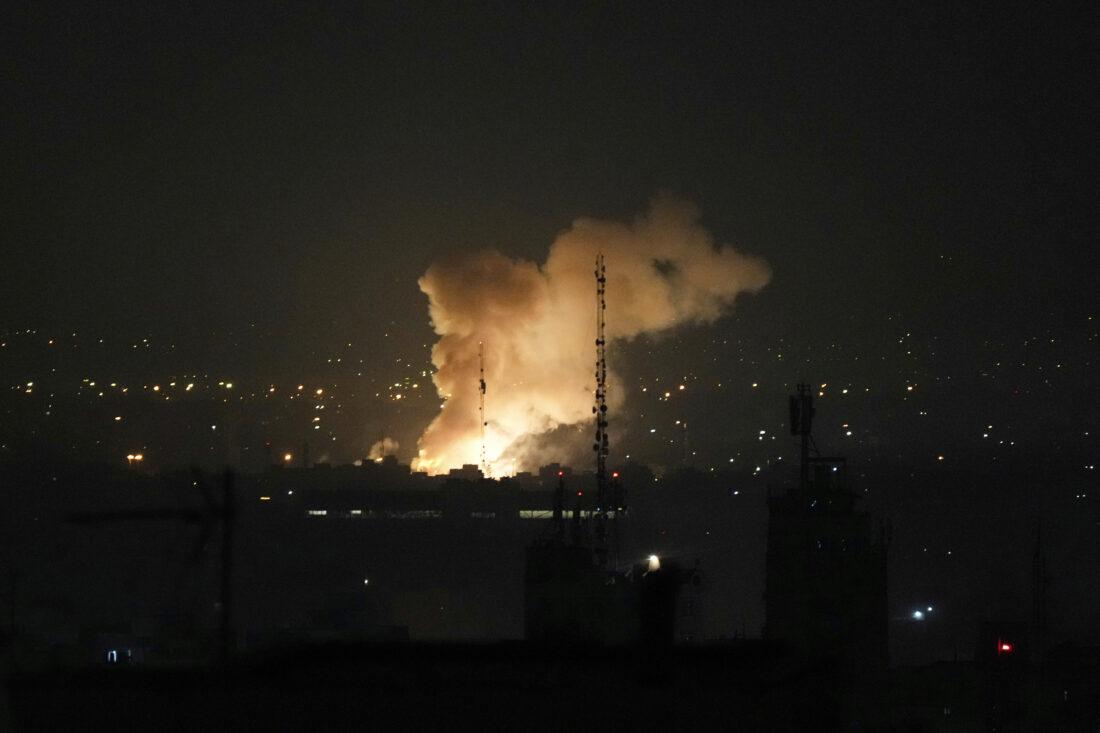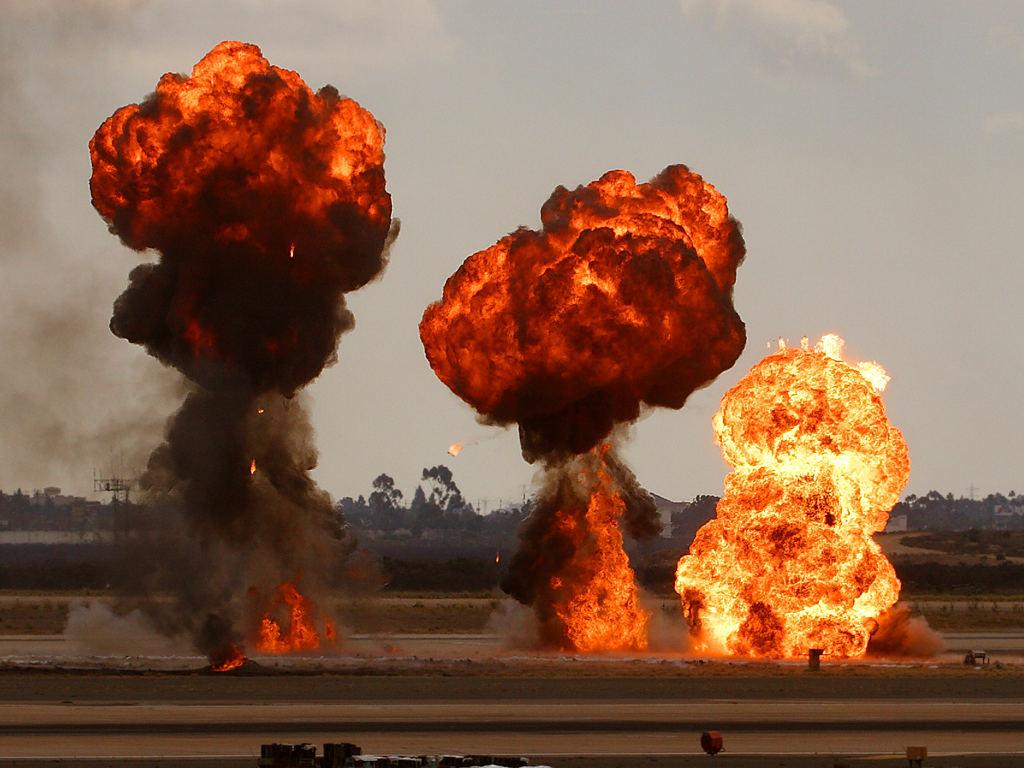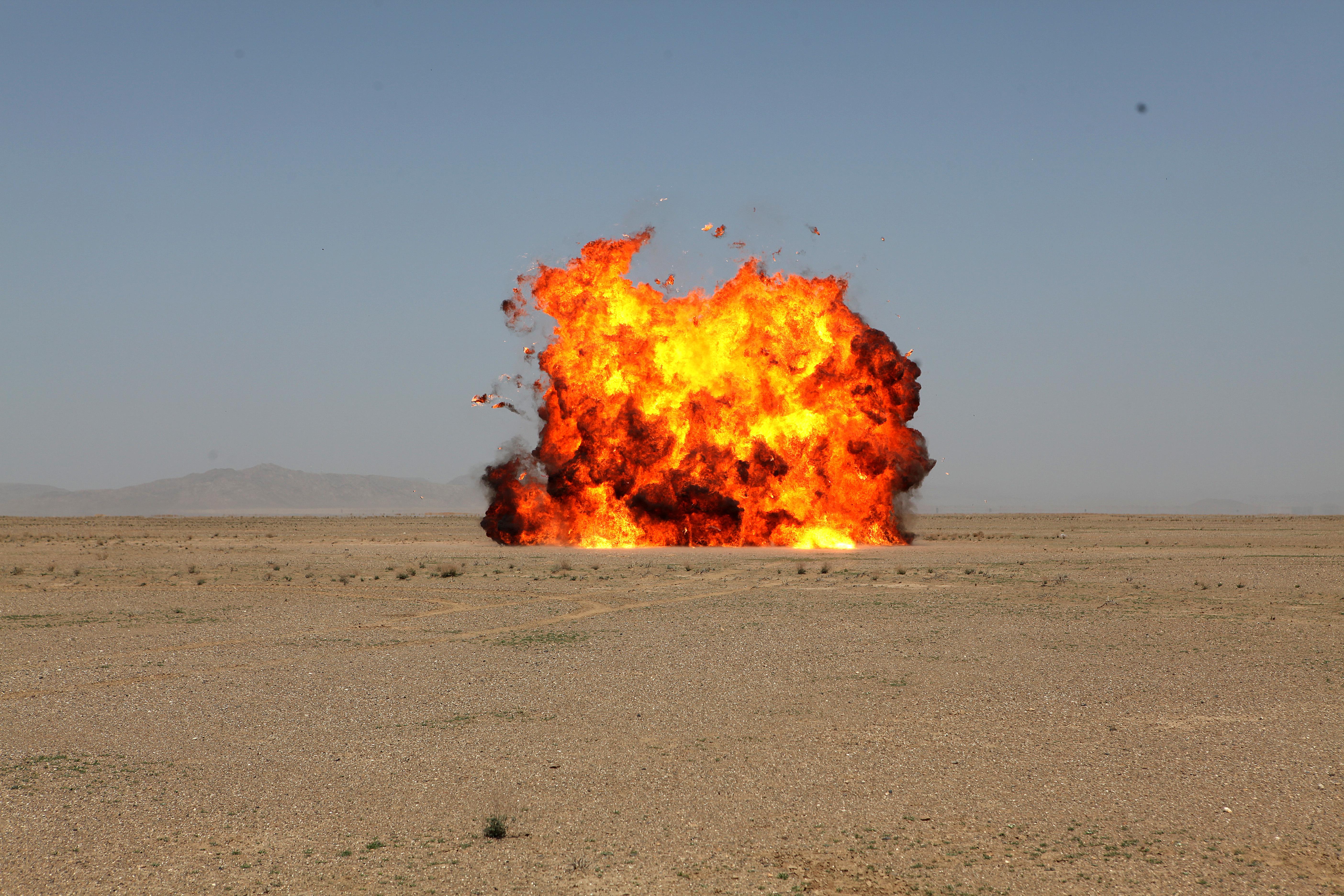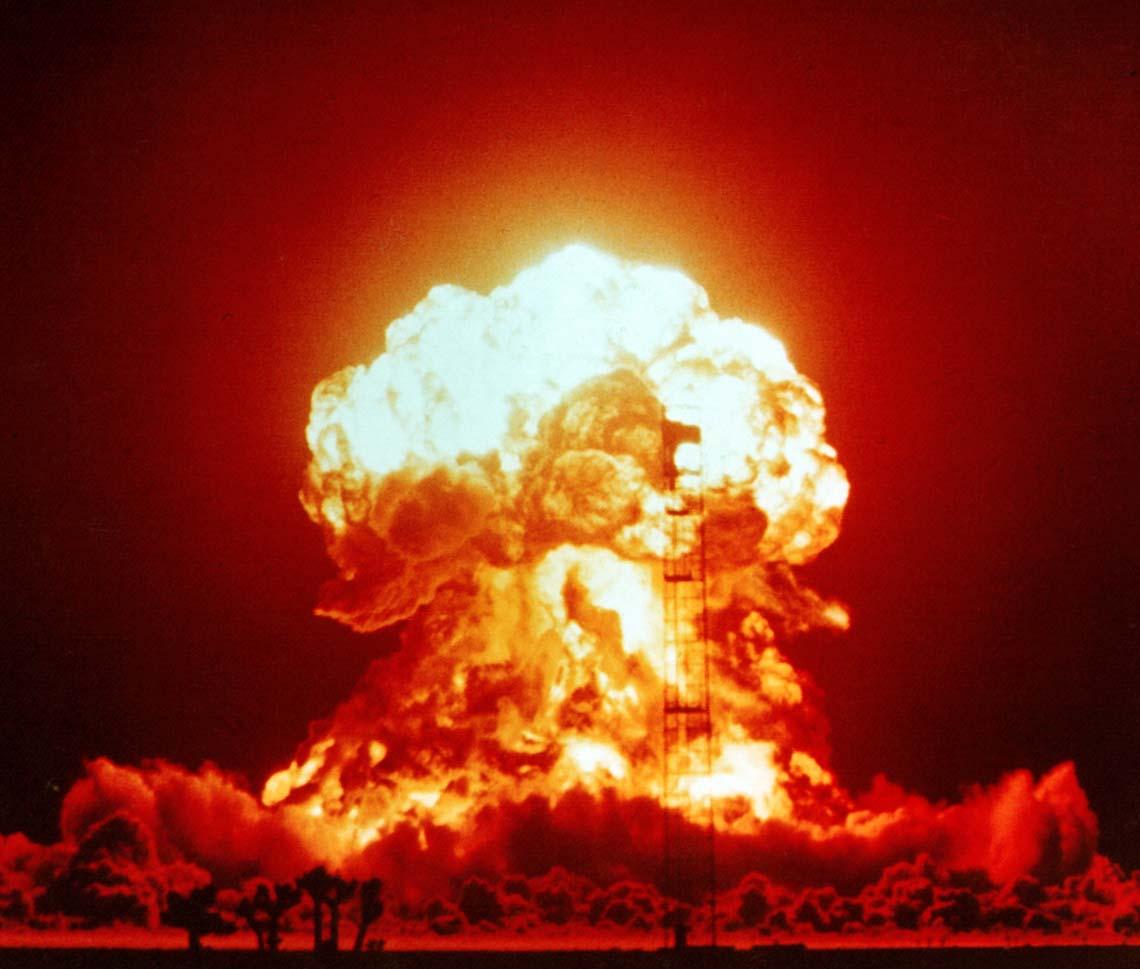Explosions Rock Tel Aviv as Tensions Escalate with Iran’s Retaliatory Strikes
Tensions unfolded dramatically in Tel aviv today as a series of explosions rattled the city, sending residents into a frenzy and engulfing the skyline in clouds of smoke. Eyewitnesses described the harrowing scene as blasts resonated across the urban landscape,shaking buildings and prompting immediate emergency responses. With sirens blaring, emergency services rushed to the affected areas, where charred debris littered the streets and panic spread rapidly among civilians. This unprecedented event marks a significant escalation in the ongoing conflict, with fears that the situation could deteriorate even further.
Official sources indicate that these attacks are a direct response to recent military provocations attributed to Israel,intensifying an already fraught atmosphere in the region. As speculation mounts regarding the strategic implications of Iran’s military actions, analysts highlight the following points:
- Increased Military Readiness: Both Iranian and Israeli forces appear to be on high alert, anticipating further exchanges.
- Civilian safety Concerns: The government faces pressure to ensure the protection of civilians amidst growing hostilities.
- International Responses: World leaders are closely monitoring the situation, with calls for de-escalation echoing from various diplomatic channels.
The unfolding crisis has drawn a mix of outrage and solidarity from the international community, with calls for immediate dialog to prevent further violence. As the dust settles, the people of Tel Aviv face an uncertain future, with the specter of conflict looming overhead.

Witness Accounts: The Impact of Explosions and Smoke Plumes on Civilian Life
As the explosions rattled through Tel Aviv, civilian lives were forever altered. Residents recounted the harrowing moments, describing how their normalcy was shattered in an instant. “The sound was deafening,” said one eyewitness, a resident of South Tel Aviv, “it felt like the ground was shaking beneath me.” People spilled into the streets,disoriented and searching for safety,as chaos ensued around them. Families were torn apart, and many expressed fears of returning to their homes, where the memory of those blasts still lingered in the air.
The presence of colossal smoke plumes quickly transformed the skyline, casting a pall over the city. Local businesses were closed in a hurry, their owners prioritizing safety over profit. some key impacts reported included:
- Health concerns: Residents reported respiratory issues from inhaling smoke.
- Psychological effects: Increased anxiety and fear among children and adults alike.
- Displacement: Many families have sought refuge in safer areas,creating temporary shelters.
Community centers are now inundated with those seeking support as thay confront the aftermath of this unrest. Daily life has shifted, with many residents re-evaluating their routines amid ongoing uncertainty.

Analyzing the Geopolitical Implications of Iran’s Actions in the Region
The recent escalation in Tel Aviv, marked by explosions and massive plumes of smoke, serves as a stark reminder of the complex geopolitical landscape shaped by Iran’s strategic maneuvers in the region. This latest wave of violence not onyl creates immediate humanitarian crises but also exacerbates existing tensions between Israel and its neighbors.Analysts indicate that Iran’s actions can be viewed through the lens of its broader ambitions, which include asserting influence over key geopolitical corridors and challenging U.S. dominance in the middle East. The following factors outline the implications of Iran’s retaliation:
- Regional alliances: Iran’s aggressive stance may galvanize anti-Israel sentiments and fortify alliances with groups like Hezbollah and Hamas, possibly reshaping the power dynamics in the Levant.
- Fueling Sectarian Tensions: By demonstrating military capabilities, Iran risks deepening sectarian divides, notably between sunni and Shia communities, thus complicating diplomatic efforts.
- International Reactions: The United States and its allies will likely reassess their policies towards Iran, possibly leading to increased military support for Israel or even new sanctions against Tehran.
Moreover, the ripple effects of such military actions can destabilize neighboring countries, prompting them to bolster their defenses or realign their foreign policies. For example, U.S. partners such as Saudi Arabia and the UAE are already on high alert, as Iran’s advancements could threaten their national security. The precarious balance that has characterized Middle Eastern politics is at a tipping point; with each explosion in Tel Aviv, the potential for broader conflict looms ever larger. Observers note that this might lead to:
- Increased Military Engagement: A further militarization of the region as countries prepare for possible retaliation or escalation by Iran.
- Impact on Global oil Markets: Heightened tensions could disrupt oil exports, leading to volatility in global markets and affecting economies worldwide.
- Humanitarian Crisis: As military actions escalate, civilian populations will bear the brunt, prompting an urgent need for humanitarian aid and international intervention.

Recommendations for Enhancing Civilian Safety Amid Heightened Conflict in Urban Areas
In the face of escalating tensions and violence in urban centers like Tel Aviv, it is indeed crucial to implement robust strategies aimed at safeguarding civilians from the perils of armed conflict. Local authorities and community leaders should prioritize the establishment of early warning systems to efficiently inform residents about imminent threats and necessary evacuation procedures. Increased community engagement initiatives can foster a culture of preparedness, enabling residents to collaborate with emergency services and receive essential training on crisis response. Moreover, investments in public infrastructure, such as reinforced shelters and safe zones, can provide immediate refuge during attacks, considerably mitigating the risks that urban populations face.
The role of technology in enhancing civilian safety cannot be overstated. Developing mobile applications that provide real-time alerts and safety data can greatly empower residents. innovations such as drone surveillance can assist in monitoring and identifying conflict zones,enabling quicker and more informed responses. Additionally, local governments should work closely with non-governmental organizations to ensure that resources, including medical aid and psychological support, are readily accessible to those affected by the conflict. Coordinated efforts between public and private sectors can foster a resilient urban surroundings capable of withstanding the pressures of civil unrest while ensuring the safety and well-being of its inhabitants.
